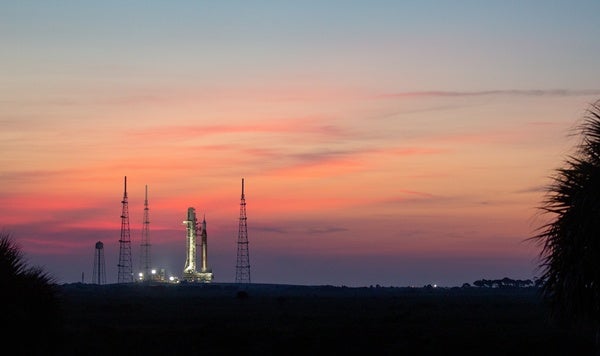 |
| August 29, 2022 |
 |
| |
| |
| |
| |
| |
| |
| Mental Health Doctors Need to Learn to Talk about Suicide Medical schools have neglected suicide, one of the leading causes of death. Teaching specific skills, including empathy, can help doctors save lives | | By Rodolfo Bonnin,Leonard M. Gralnik | | | |
| Artificial Intelligence This Artificial Intelligence Learns like a Widdle Baby Engineers at the company DeepMind built a machine-learning system based on research on how babies' brain works, and it did better on certain tasks than its conventional counterparts. |  | By Christopher Intagliata | 02:36 | | | |
| |
FROM THE STORE
 | | Extraterrestrials and the Search for Life Do aliens exist? The enduring mystery of whether we're alone in the universe is a question that continues to drive scientific study into groundbreaking directions. This collection examines the latest thinking in the search for life, from discussing why we haven't found evidence of aliens so far to determining where and how to conduct the search to opening up the possibilities for what otherworldly life could truly look like. |  | | |
LATEST ISSUES
 |
| |
| Questions? Comments?  | |
| Download the Scientific American App |
| |
| |




